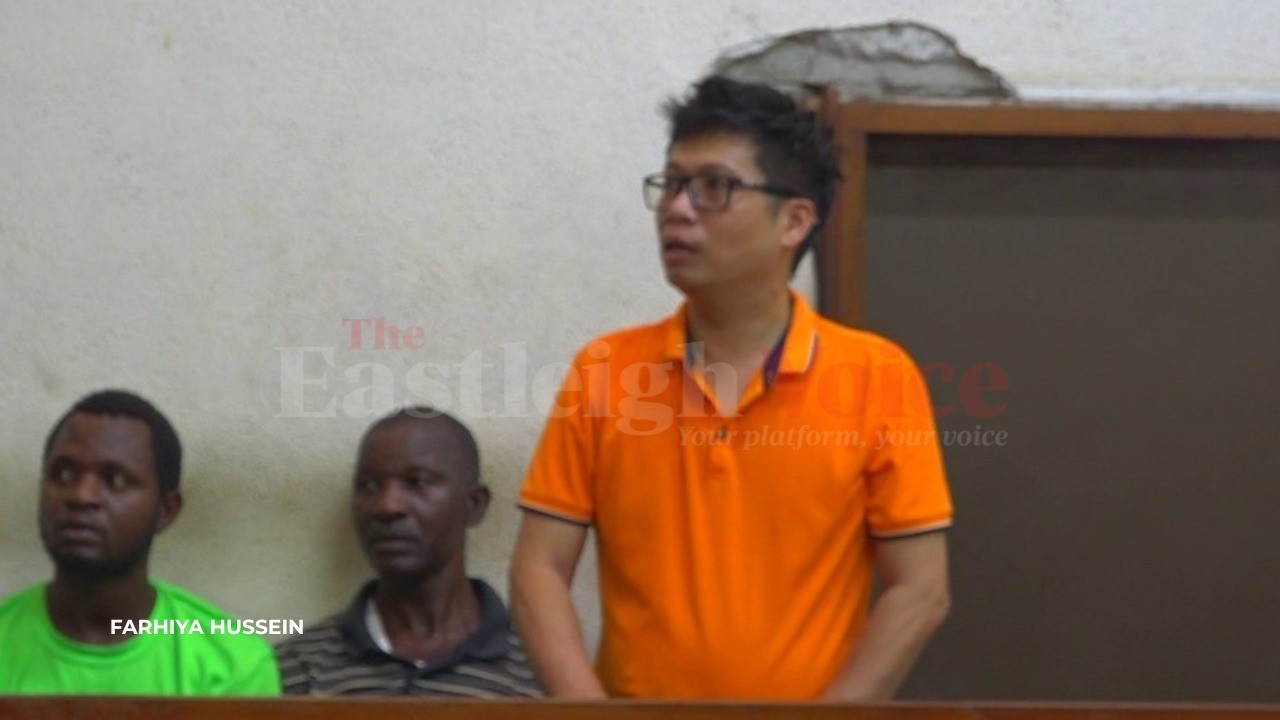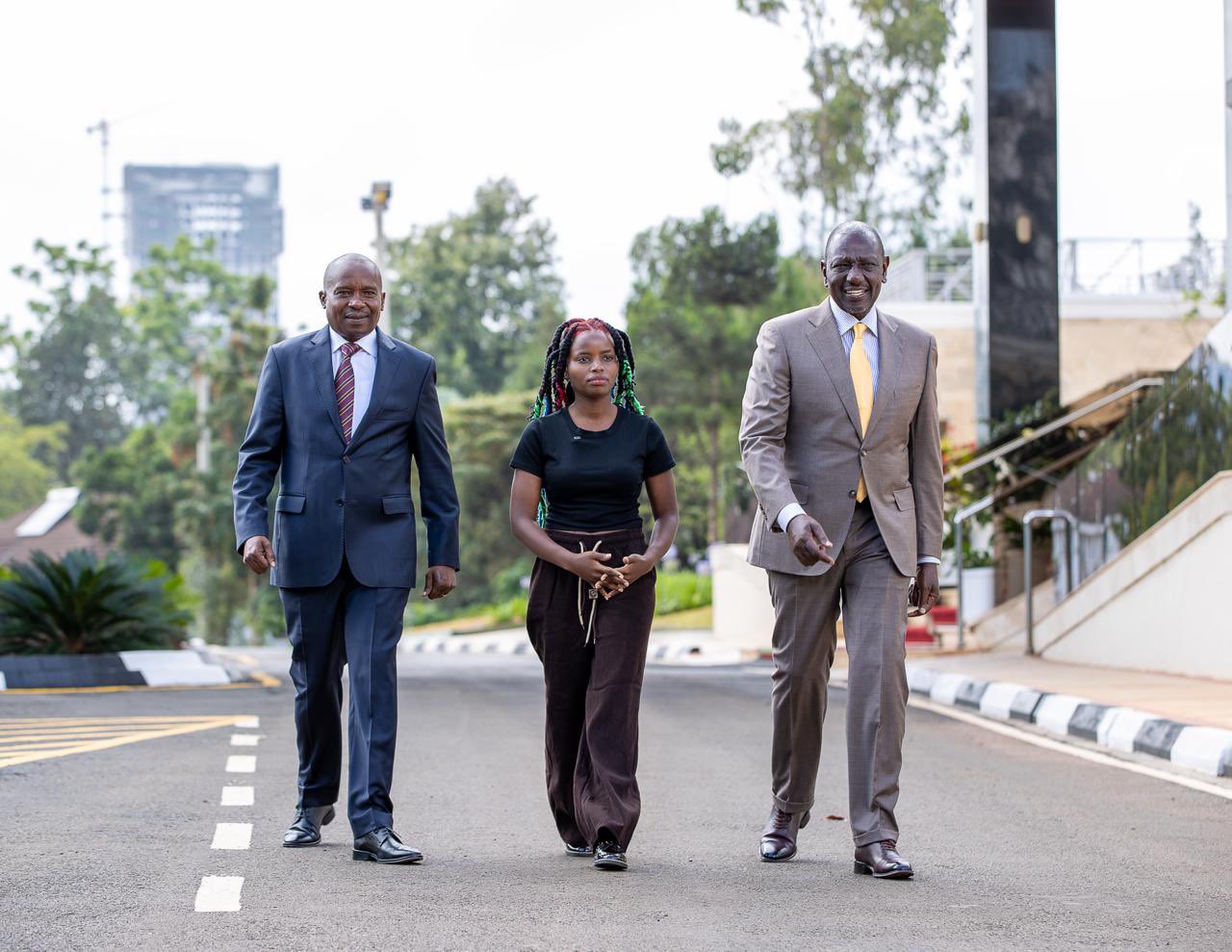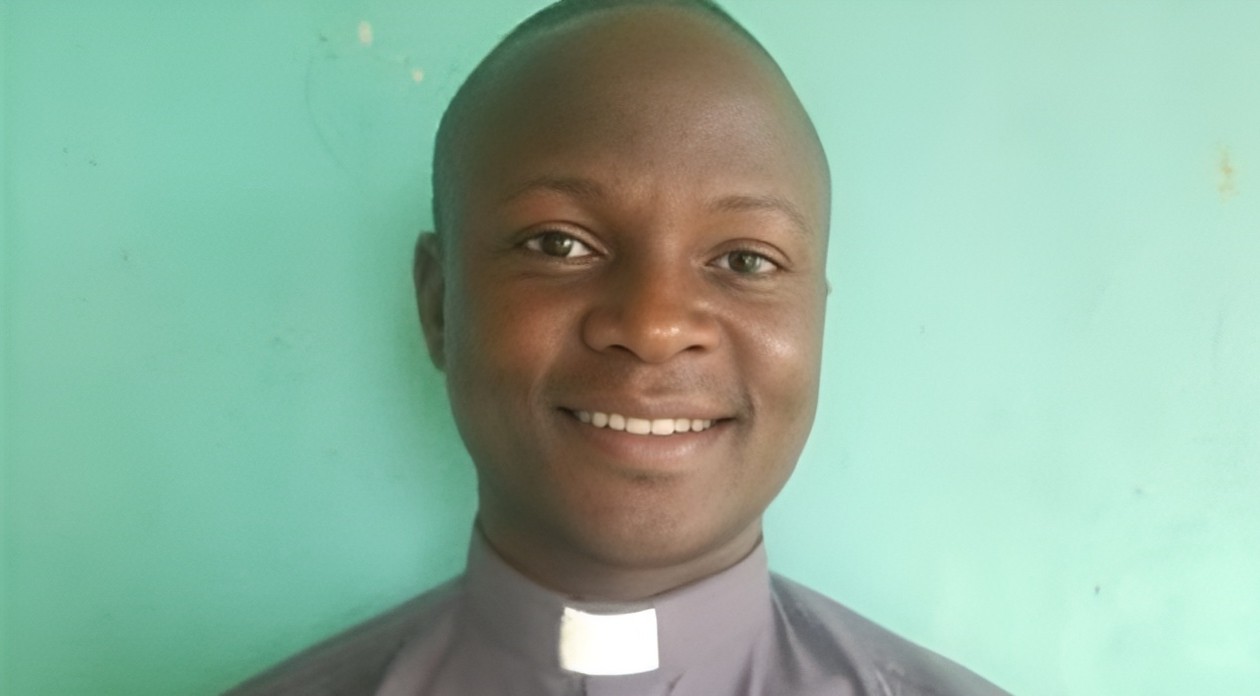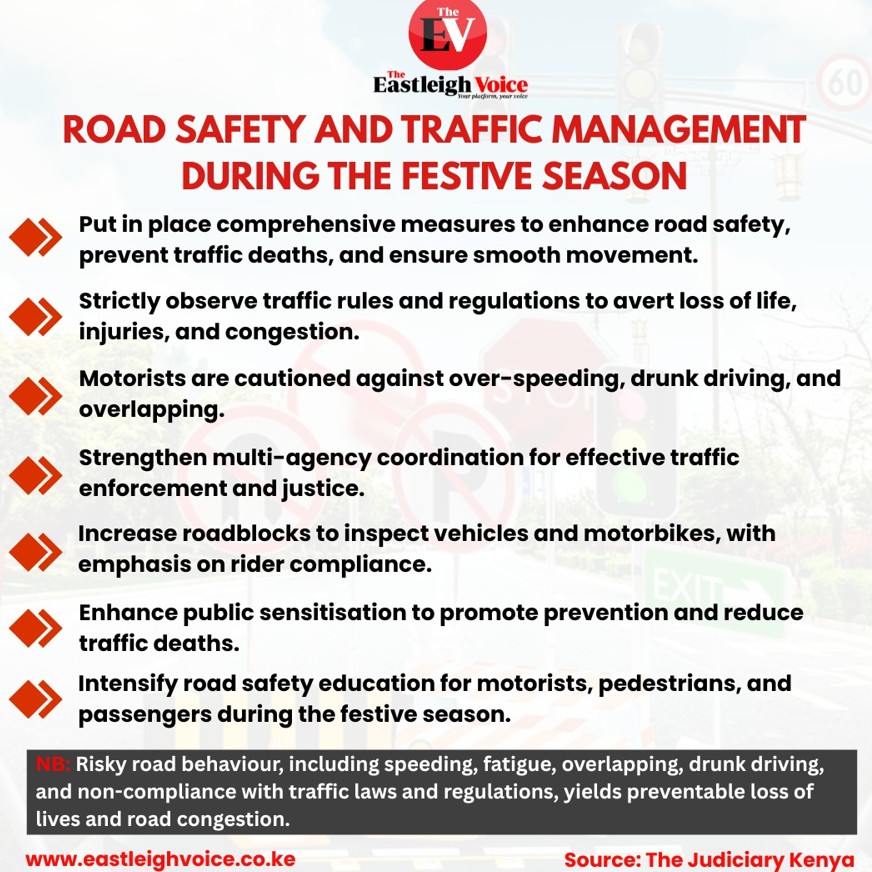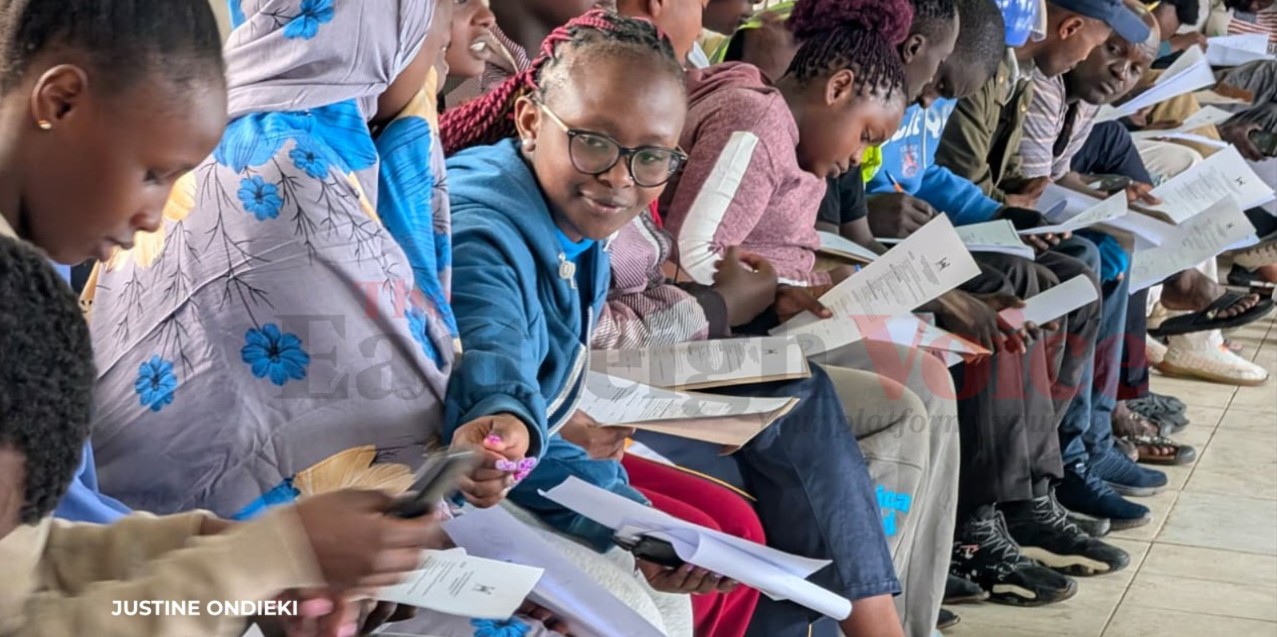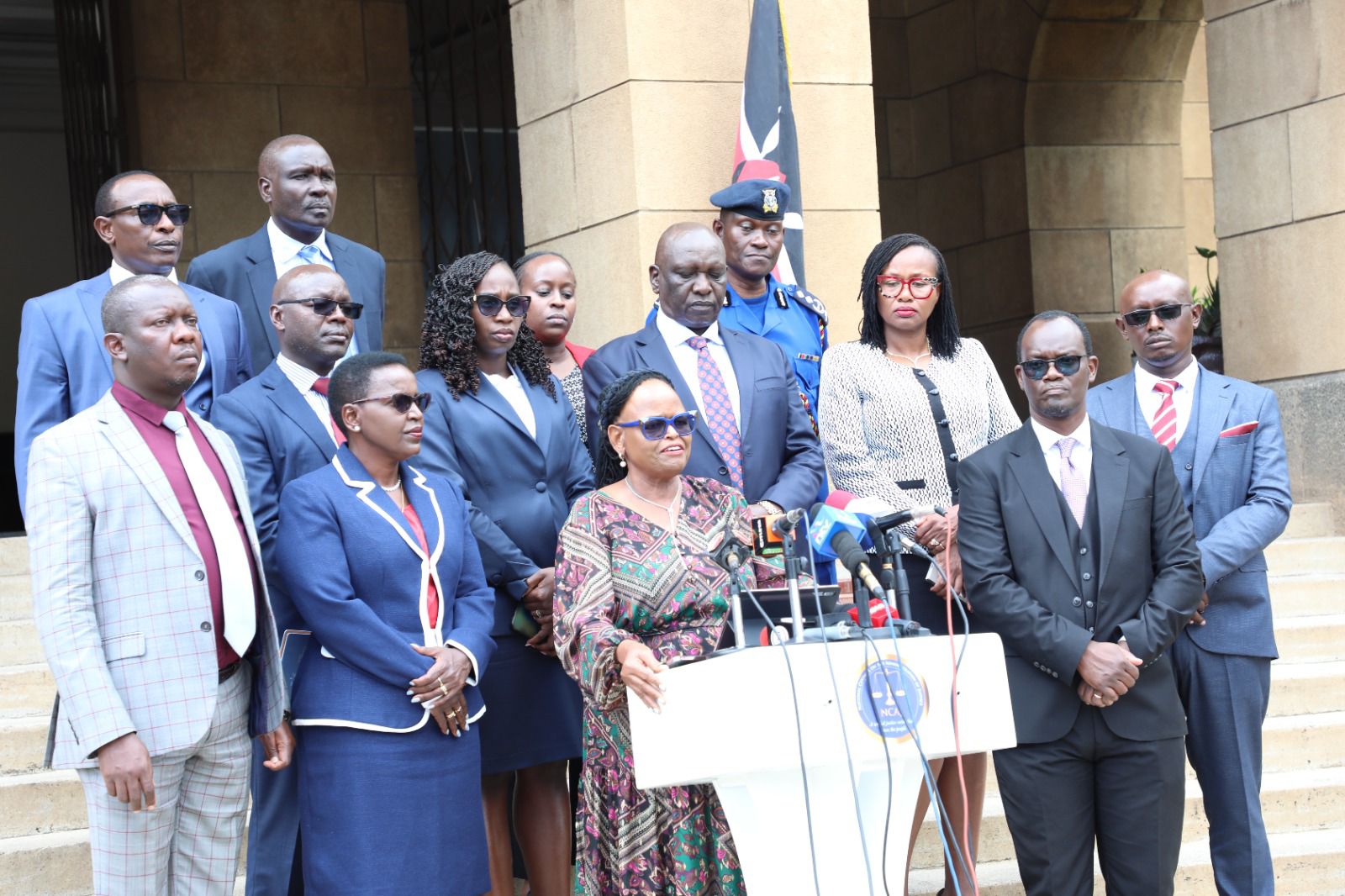Nairobi Declaration: Sudanese leaders forge historic peace pact
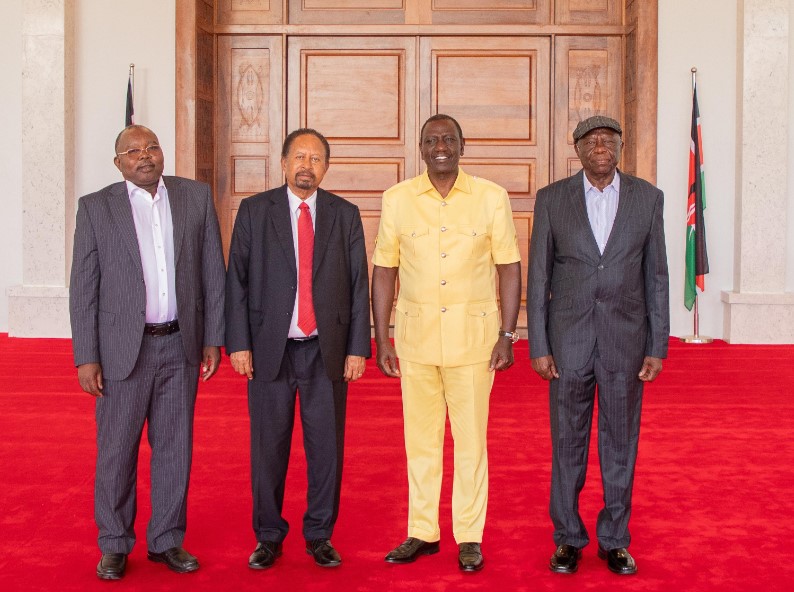
The declaration, witnessed by Kenyan President William Ruto, includes a provision for Sudanese people to exercise self-determination if the principles outlined in the declaration are not integrated into the permanent constitution.
In a development aimed at resolving Sudan's persistent conflict, a trio comprising former Sudanese Prime Minister Abdallah Hamdok, Abdel Aziz al-Hilu of the SPLM-N, and Abdel Wahid Mohamed Nur of the Sudan Liberation Movement have pledged to pursue a path emphasising secularism, separation of state and religion, and the right to self-determination according to the Sudan Tribune.
Hamdok endorsed the declaration in his personal capacity, with al-Hilu and al-Nour representing their respective movements.
More To Read
- UN Secretary-General condemns ‘horrific’ drone strike on peacekeepers in Sudan
- Nine dead, 17 injured in RSF drone strike on Sudan’s Dilling military hospital
- UN chief alarmed by drone strike killing over 30 Sudanese civilians
- Sudan war: Aid teams say deal struck to reach stricken El Fasher
- UK sanctions Sudan’s RSF commanders over atrocities amid ongoing conflict
- All we want for Sudan is peace, say children fleeing violence
Despite Hamdok's leadership in the anti-war civilian coalition "Tagaddum," the coalition did not formally endorse the agreement.
Each leader also signed separate yet identical documents with Hamdok, committing to collaborate towards addressing Sudan's complex crises through a comprehensive process centred on the unity of its people and land, with voluntary unity as a core principle.
The declaration, witnessed by Kenyan President William Ruto, includes a provision for Sudanese people to exercise self-determination if the principles outlined in the declaration are not integrated into the permanent constitution.
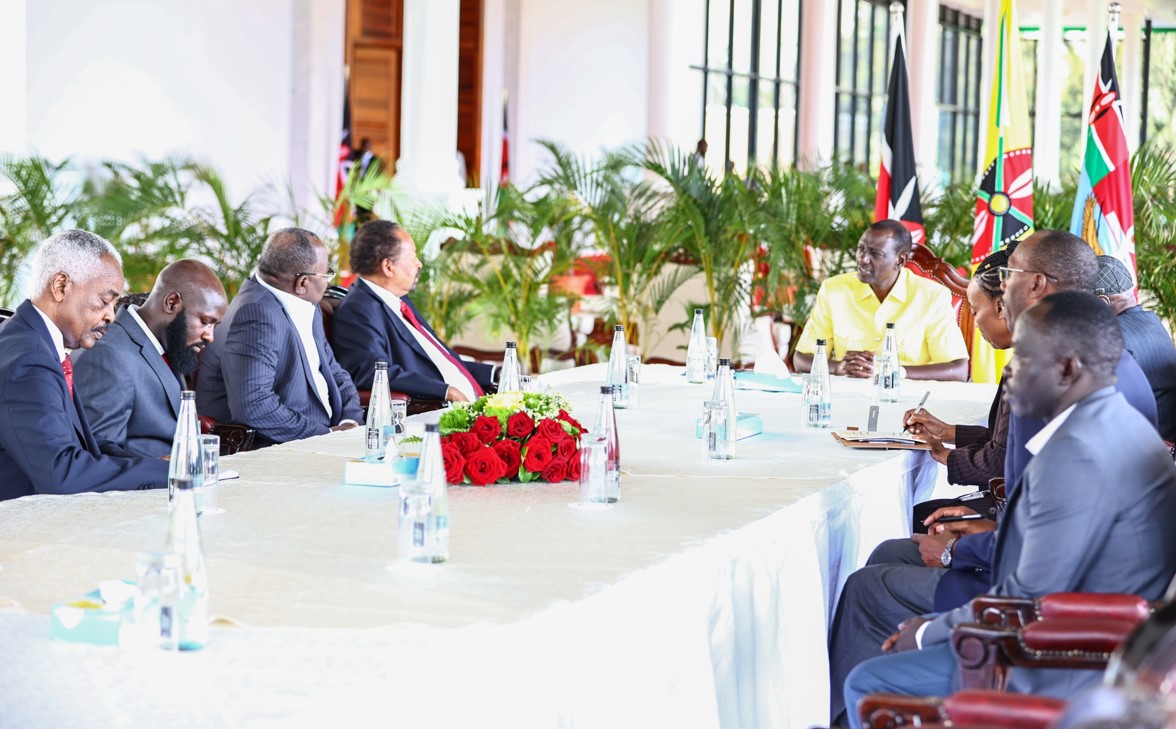 Kenyan President William Ruto during talks with Chairman of Taqadum and Former Prime Minister of Sudan Abdallah Hamdok, Chairman of Sudan Liberation Movement Abdul Wahid al-Nur and Chairman of Sudan Liberation Movement-North Abdelaziz Al Hilu at State House, Nairobi on May 18, 2024. (Photo: PCS)
Kenyan President William Ruto during talks with Chairman of Taqadum and Former Prime Minister of Sudan Abdallah Hamdok, Chairman of Sudan Liberation Movement Abdul Wahid al-Nur and Chairman of Sudan Liberation Movement-North Abdelaziz Al Hilu at State House, Nairobi on May 18, 2024. (Photo: PCS)
Advocating for a secular, non-partisan state, the declaration calls for a civil state ensuring equal power and wealth for all Sudanese, along with guaranteeing freedom of religion and thought.
Separate religion from state
Earlier, on March 28, 2021, Chairman of the Sovereign Council Abdel Fattah al-Burhan and al-Hilu signed an agreement aiming to separate religion from the state and unify the armed forces by the transitional period's end.
However, subsequent negotiations faltered on the extent of this separation, leading to suspension after the October 25, 2021, coup.
Both parties have agreed to convene a roundtable discussion involving all national forces aligned with the declaration's principles. They have also called for an immediate ceasefire, urging the army and Rapid Support Forces to cooperate sincerely to pave the way for a permanent cessation of hostilities, with support from regional and international efforts, including the Jeddah Platform.
The declaration also implores warring factions to remove obstacles hampering humanitarian aid, ensuring its passage through neighbouring countries and front lines to reach all citizens unhindered, while also safeguarding humanitarian workers.
In his post-signing remarks, President Ruto lauded the Nairobi Declaration by Hamdok, Al-Hilu, and Abdel Wahid, emphasizing Kenya's continued role as an important partner in achieving lasting peace in Sudan.
Ruto highlighted the importance of involving civil society and political parties in the peace process and the formation of a civilian government, commending the signatories for their dedication to Sudan's peace process.
Top Stories Today






